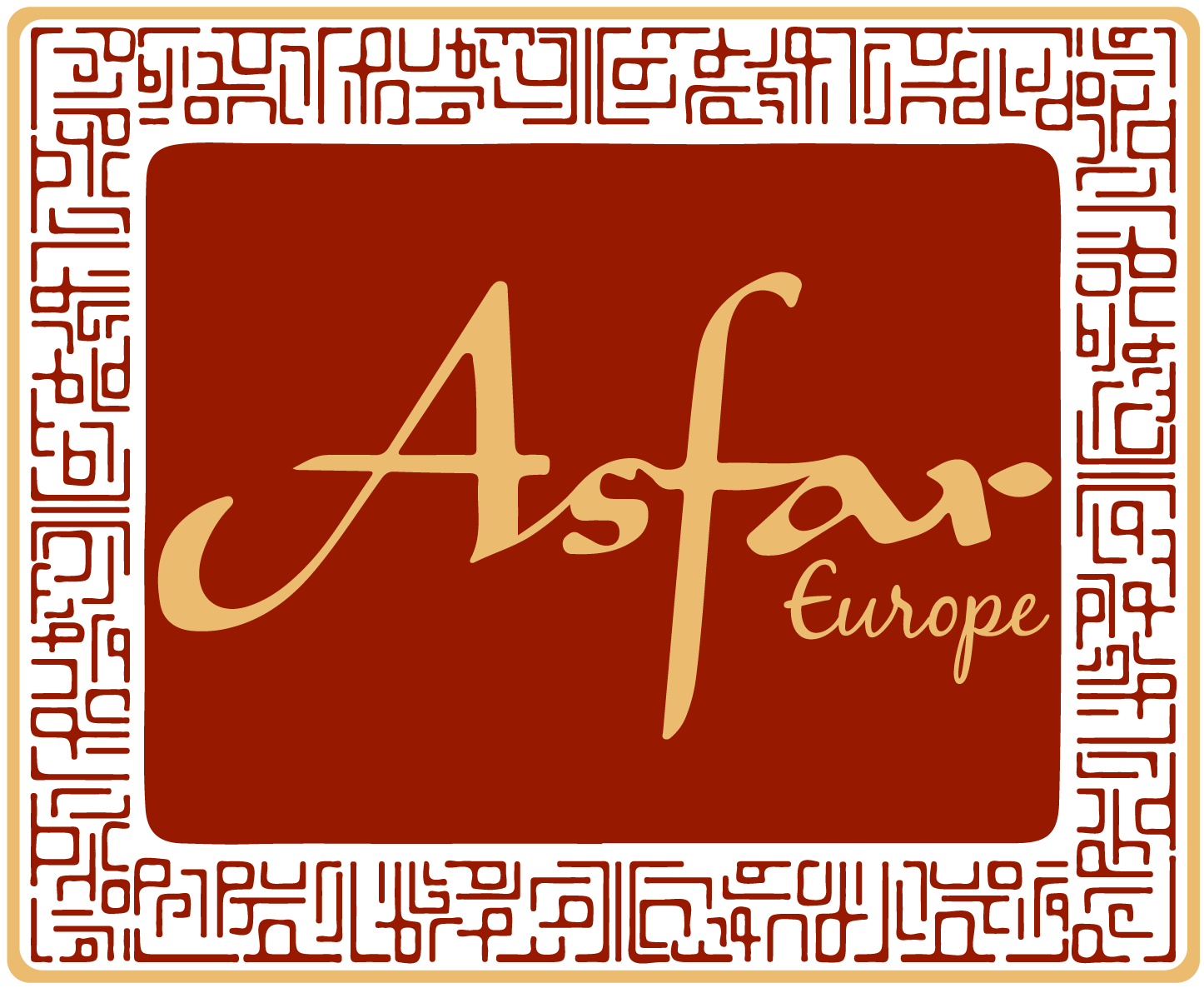Turkey is one of the most geographically strategic countries in the world—a potentially lethal bridge between continents. İstanbul is the only city in the world that connects two continents. The city, which is located in both Asia and Europe, has been the capital city for many civilizations; for thousands of years throughout its history.
Turkey has long been a significant partner for the United Kingdom and NATO. It is strategically located between Europe and the Middle East and, for decades, Turkey and NATO have cooperated in many areas, from the Mediterranean and the Persian Gulf to Central Asia and even Korea. There are some important reasons for this cooperation which should be considered carefully when looking at why Turkey is such an important ally.
In terms of relative stability, Turkey has emerged as a significant actor in the Middle East, building on its extraordinary economic success and, until recently, its stable democracy, very strong military capabilities, relations with key Western or global institutions (such as its NATO membership, EU Customs Union membership and candidate status for the EU, and G20 membership), and the cultural appeal of its Western-Islamic mix. Turkey thus provides both stability in the region and a potential platform to influence developments therein, both on its own and possibly in tandem with the UK and other Western actors.
As a model for the Muslim world, Turkey is a country that is not only secular but also democratic and Islamic. It has set itself the objective of becoming one of the 10 biggest economies in the world by 2023 with an impressive economic performance in recent years which has distinguished it regionally and in the wider world, especially at a time when many other countries have experienced the negative effects of the global financial crisis.
The UK and other Western countries should take into account that Turkey still remains a key regional power that shares links and characteristics with the West which distinguishes it from other Muslim-majority regional powers such as Egypt, Saudi Arabia and Iran.
The years since 2014 have been difficult for the Turkish economy and security. Turkey has been facing problems, such as the war in Syria, with serious impacts on Turkish security and its domestic economy.
The Syrian conflict and the resulting humanitarian crisis, now entering its sixth year, has driven a massive influx of refugees into Turkey. The official number has already reached almost 3 million, making the country the largest host of Syrian refugees in the world. In political, social and economic terms, Turkey is the most affected country from the Syrian crisis.
The Syrian refugee crisis, a growing tide of radicalism, the collapsing regional order in the Middle East and North Africa, and the Russian defiance of NATO are driving Turkey and the UK to closer cooperation. In the present circumstances, this trend seems likely to continue.
“Turkey is vital for our security: we work together as NATO allies across the world. In Afghanistan, we share the same objectives. Turkish troops and diplomacy are making vital contributions towards the creation of a more secure future.” said William Hague, former foreign ministry of the UK (Hague, 2011)
Since 2011 the partnership agreement signed between Turkey and the UK, has helped establish a UK-Turkey CEO Forum, composed of around 25 of the most senior business figures from both countries to discuss the strategic issues that will deliver profitable and sustainable business for the future.
Big Turkish companies are increasingly internationalised, setting up R&D and manufacturing facilities in several continents, acquiring well-known international brands and developing their own brands into worldwide household names. Turkish exports have diversified to include everything from hazelnuts to high-end manufactured products and financial and intellectual services.
Leigh Turner, former British ambassador to Turkey, noted that if Turkey becomes richer, it can invest more in the UK and can buy more British goods. If Turkey has stronger armed forces, it can play a more important role in stabilising the region. If Turkey pursues an active development policy around the region or around the world, that will help more countries to become wealthy and democratic; provides more sources of investment income and reduces local and global instability – Somalia is a terrific example. The more countries which are rich enough to trade with each other, the wealthier and more stable the entire system becomes. (Turner, 2015)
We know Turkey has its internal political issues but, in finding a way forward through these internal issues, securing more internal stability, Turkey can build on its already influential position and will be a major player with an absolutely vital role to play, not only within its region, but on a wider, global stage.
